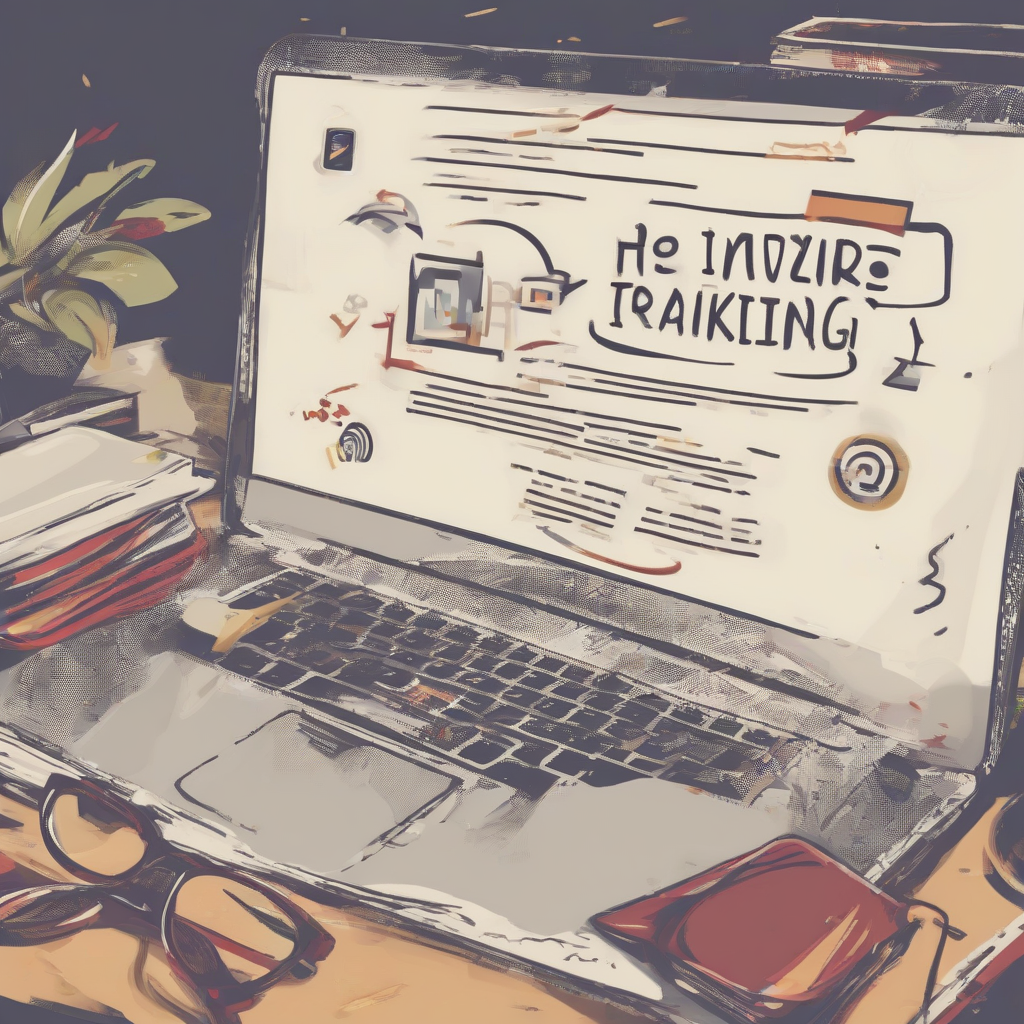Bad Credit Home Improvement Loans: Your Guide to Finding Options

Bad Credit Home Improvement Loans: Your Guide to Finding Options
Home improvement projects can transform your living space and enhance your quality of life. But what if your credit score isn't in the best shape? Securing a loan for your dream renovation might seem like an insurmountable hurdle. Fear not, because even with bad credit, there are options available to help you finance your home improvements.
Understanding Bad Credit and its Impact on Loans
Before diving into lender options, let's define what "bad credit" means and its implications for borrowing. Generally, credit scores fall into the following categories:
- Excellent: 720 or higher
- Good: 670-719
- Fair: 580-669
- Poor: 300-579
Lenders use credit scores to assess your financial responsibility and risk. A poor credit score suggests a history of missed payments or financial mismanagement, making lenders hesitant to extend loans due to increased risk of default.
Challenges for Borrowers with Bad Credit
Borrowers with bad credit face several challenges when seeking home improvement loans:
- Higher Interest Rates: Lenders compensate for the increased risk by offering higher interest rates on loans to borrowers with poor credit. This translates to higher overall borrowing costs.
- Limited Loan Options: Many traditional lenders have strict credit score requirements, limiting options for individuals with bad credit.
- Smaller Loan Amounts: Even if you qualify for a loan, the loan amount may be significantly smaller due to the higher risk associated with your credit history.
- More Stringent Requirements: Lenders may demand additional documentation and financial information to assess your ability to repay the loan.
Finding Home Improvement Loan Options with Bad Credit
While the challenges are real, there are avenues to explore for securing home improvement loans despite having bad credit:
1. Home Improvement Loans for Bad Credit
- Personal Loans: Online lenders and some credit unions offer personal loans specifically designed for borrowers with less-than-perfect credit. These loans can be used for various purposes, including home improvements. Expect higher interest rates compared to traditional loans, but they offer flexibility and faster approval times.
- Home Equity Loans (HELOCs): If you have equity in your home, a HELOC might be an option. While HELOCs are secured by your home, lenders typically have more relaxed credit score requirements. However, they carry higher interest rates and are riskier for borrowers due to the potential for foreclosure if you default on payments.
- Government-Backed Loans: The Federal Housing Administration (FHA) offers FHA 203(k) loans specifically for home improvements. These loans are easier to qualify for than traditional loans, but you'll need to meet certain income and debt-to-income ratio requirements.
- Credit Unions: Credit unions are known for their more community-focused approach to lending. They often have more flexible credit requirements and offer lower interest rates than traditional banks.
2. Alternative Financing Options
If traditional loans seem out of reach, consider alternative financing options:
- Cash-Out Refinance: If you have a mortgage with sufficient equity, you can refinance your existing loan and receive a cash payout. This money can be used for home improvements, but be cautious as it can lead to higher monthly mortgage payments.
- Home Improvement Grants: Several government programs and non-profit organizations offer grants for home improvements, especially for low-income families or individuals with disabilities. Research local and national grant programs.
- Seller Financing: In some cases, the seller of your home might be willing to finance the improvements themselves. This option can provide flexibility, but negotiate the terms carefully to ensure you're getting a fair deal.
Tips for Improving Your Credit Score
While you may not be able to improve your credit score overnight, taking proactive steps can strengthen your financial standing and increase your chances of securing a loan with better terms:
- Pay Bills on Time: Consistent on-time payments are the cornerstone of a good credit score. Set up automatic payments to avoid missing deadlines.
- Lower Credit Utilization: Aim to keep your credit card utilization ratio (the amount of credit you use compared to your available credit limit) below 30%.
- Dispute Errors on Your Credit Report: Mistakes happen, and inaccuracies on your credit report can negatively impact your score. Review your credit report regularly and dispute any errors with the credit bureaus.
- Consider a Secured Credit Card: A secured credit card requires a security deposit, which limits your spending but helps build a positive credit history.
Navigating the Application Process
Once you've chosen a lender and financing option, be prepared for the application process. It's essential to be organized and have all necessary documents ready:
- Personal Information: Provide accurate and updated information, including your Social Security number, income, and employment details.
- Financial Statements: Prepare bank statements, pay stubs, and tax returns to demonstrate your income and financial stability.
- Property Information: Be ready to provide details about your home, including its appraised value and any outstanding debts.
Considerations and Precautions
While seeking financing options with bad credit, remember:
- Be Realistic: Accept that you might not qualify for the lowest interest rates or the largest loan amounts. Be prepared to compromise or explore alternative options.
- Shop Around: Compare offers from multiple lenders to find the best terms and conditions.
- Read the Fine Print: Before signing any agreement, carefully review all terms and conditions, including interest rates, fees, repayment schedule, and penalties for late payments.
- Avoid Predatory Lenders: Beware of lenders who offer seemingly easy loans with high interest rates and hidden fees. These can quickly lead to a cycle of debt.
Conclusion
Securing home improvement loans with bad credit can be challenging, but it's not impossible. By understanding your options, carefully exploring lenders, and taking steps to improve your credit, you can navigate this process and achieve your home improvement dreams.
What's Your Reaction?

















